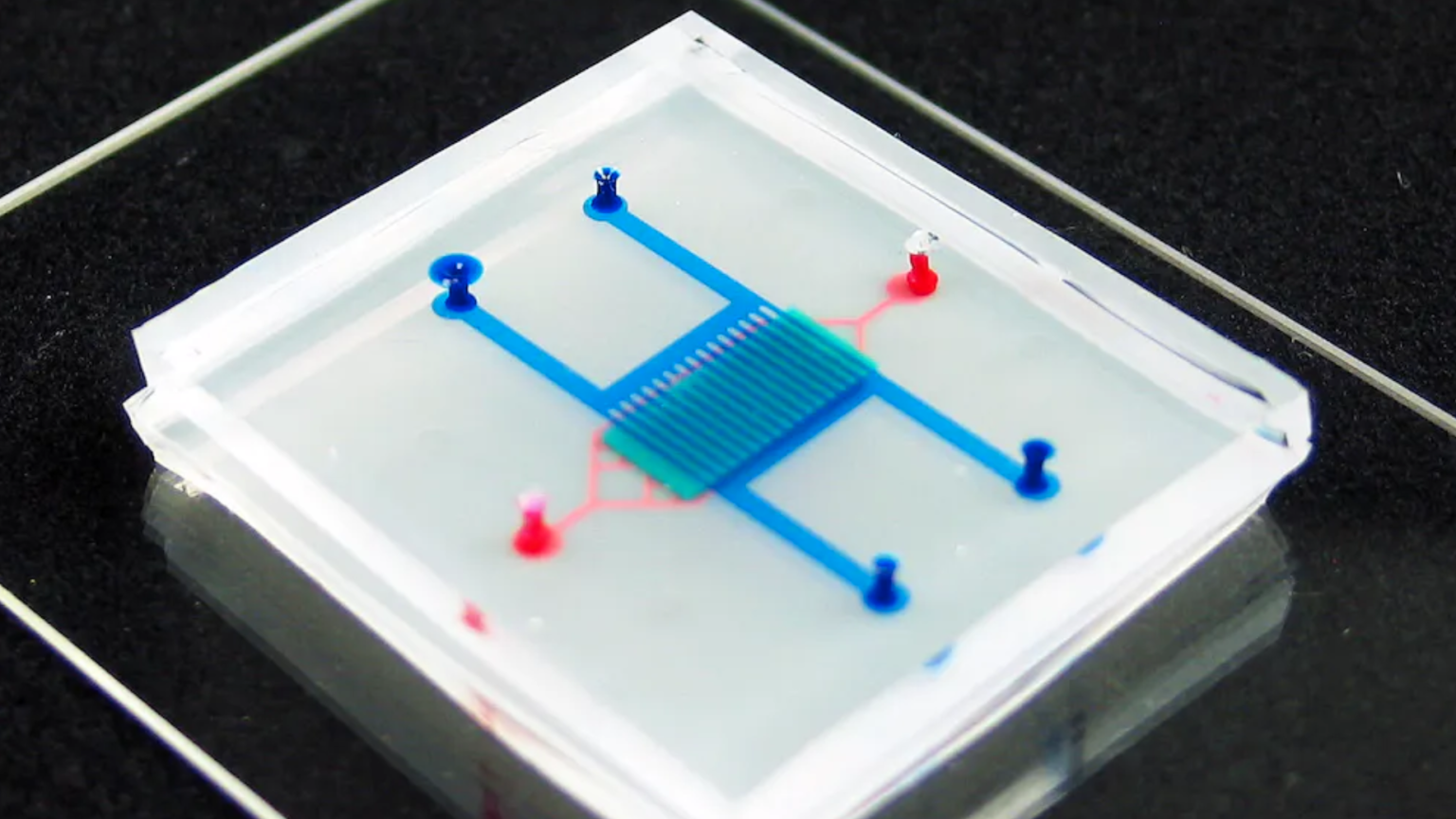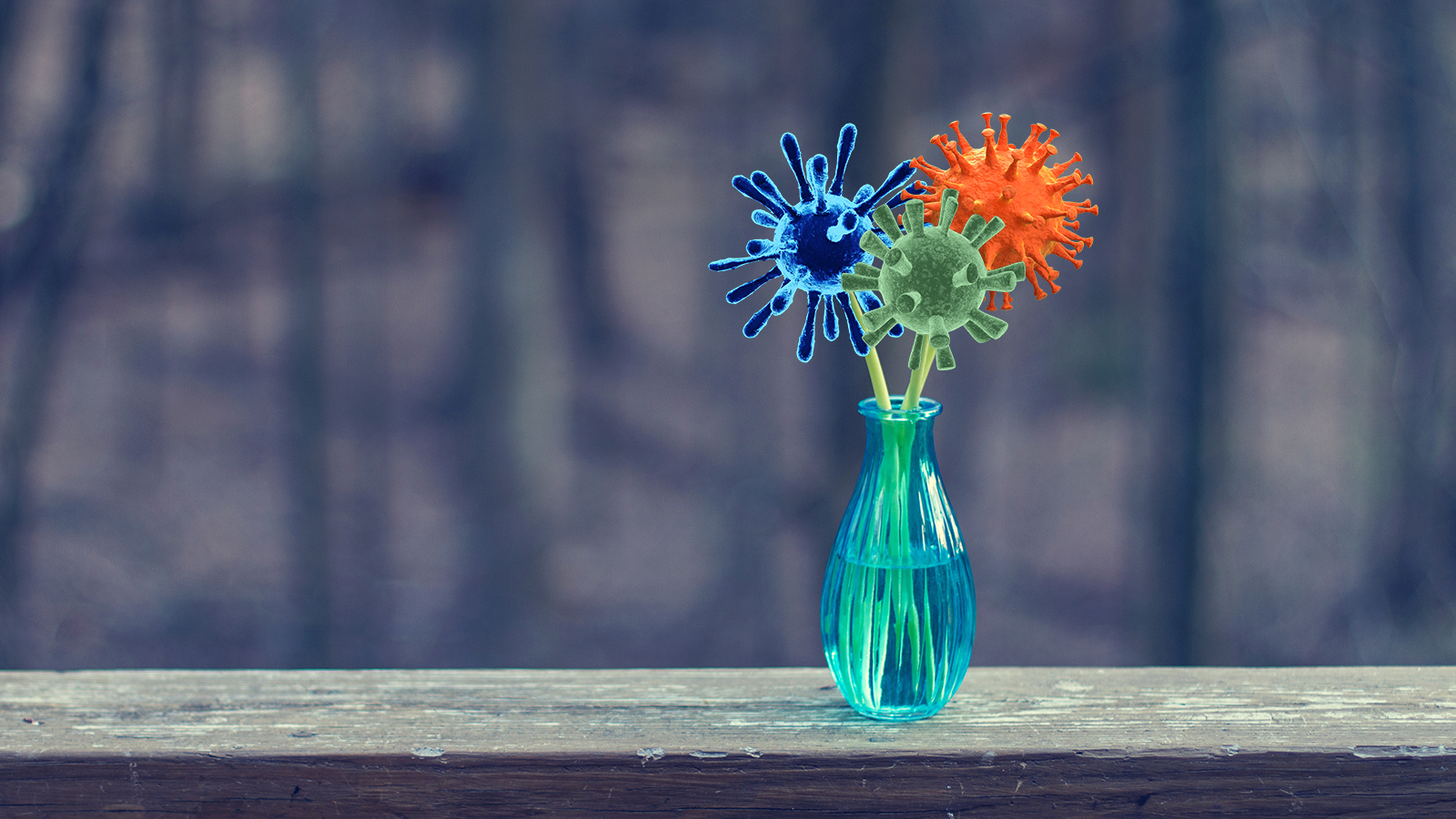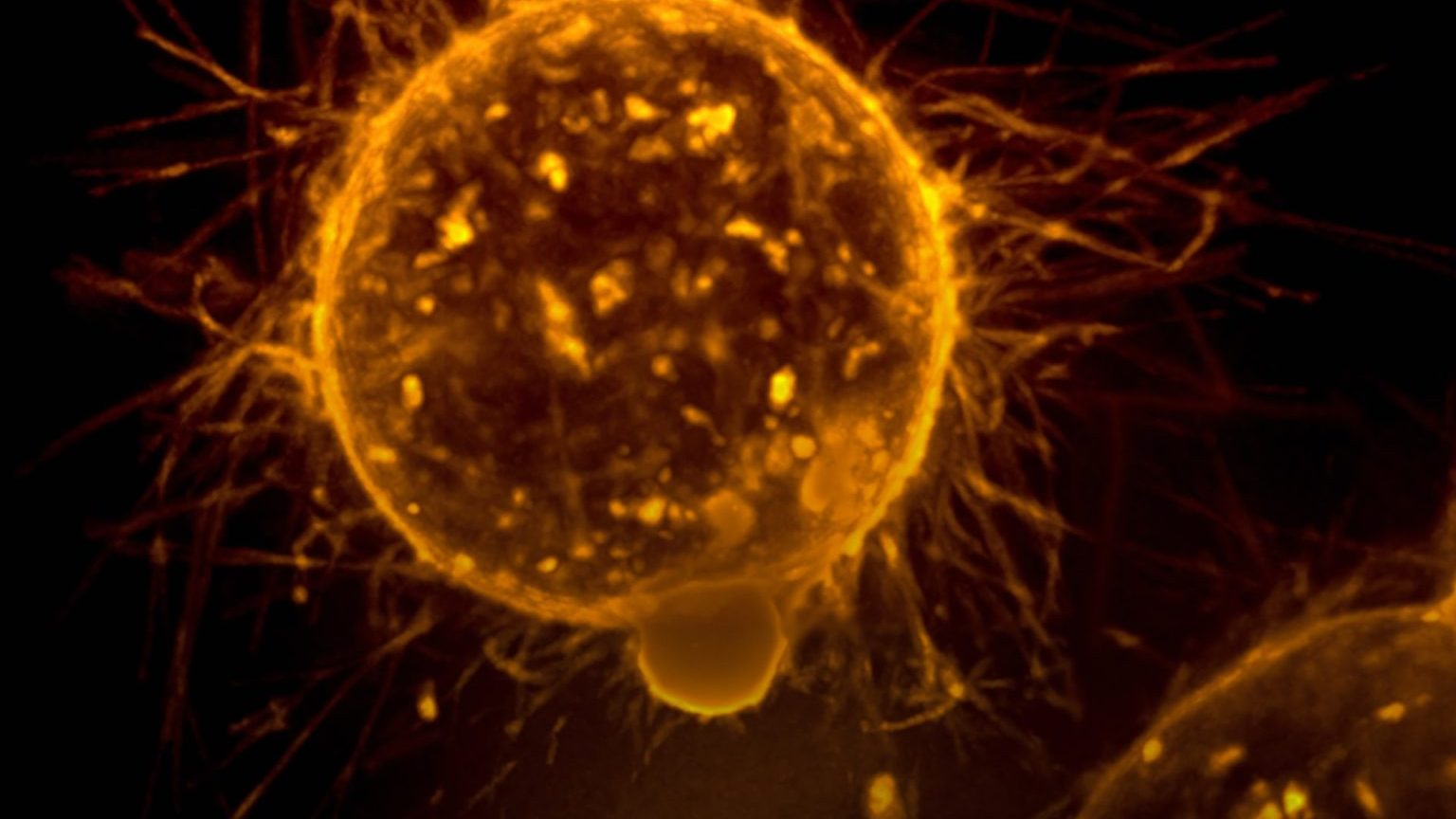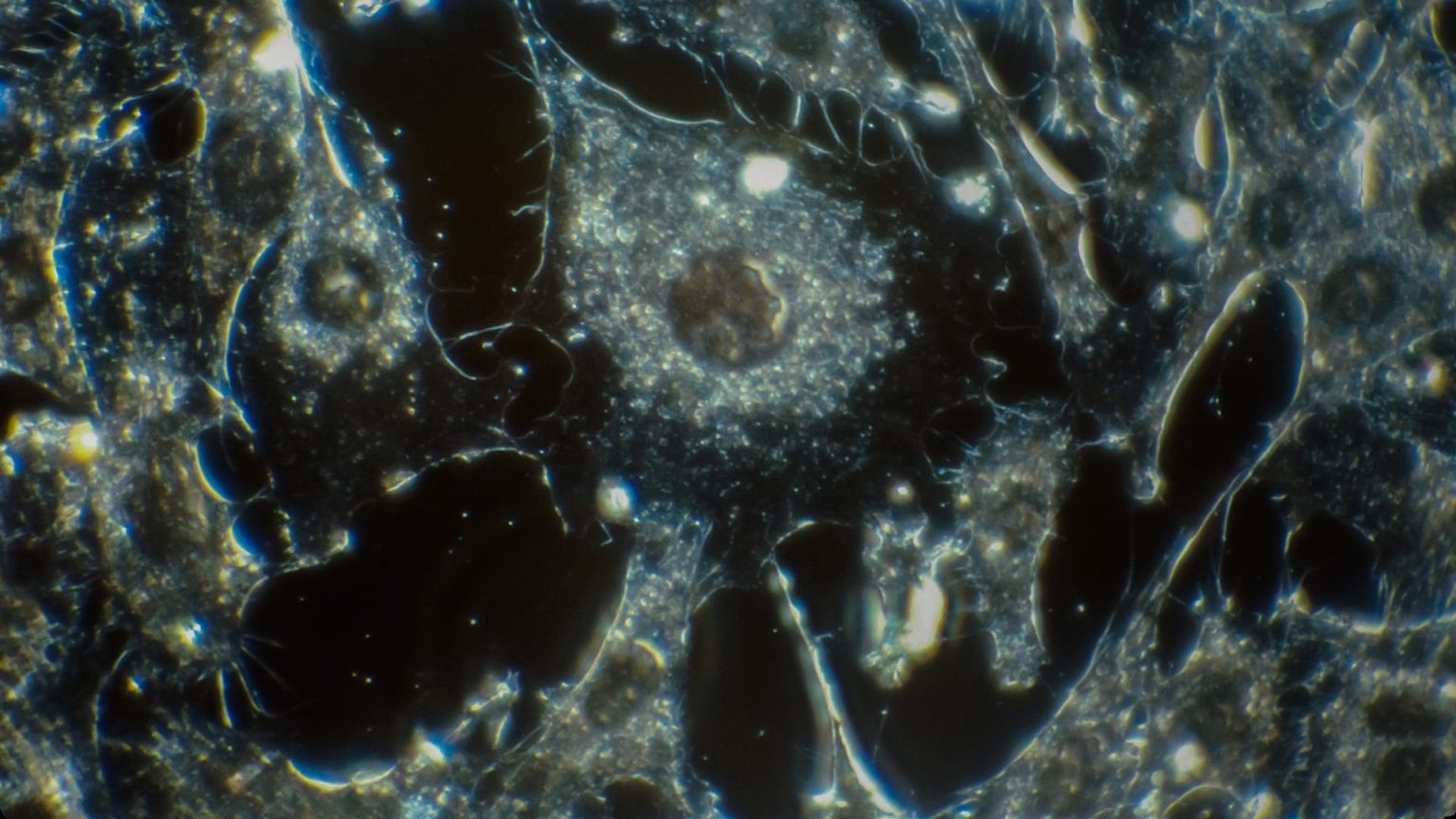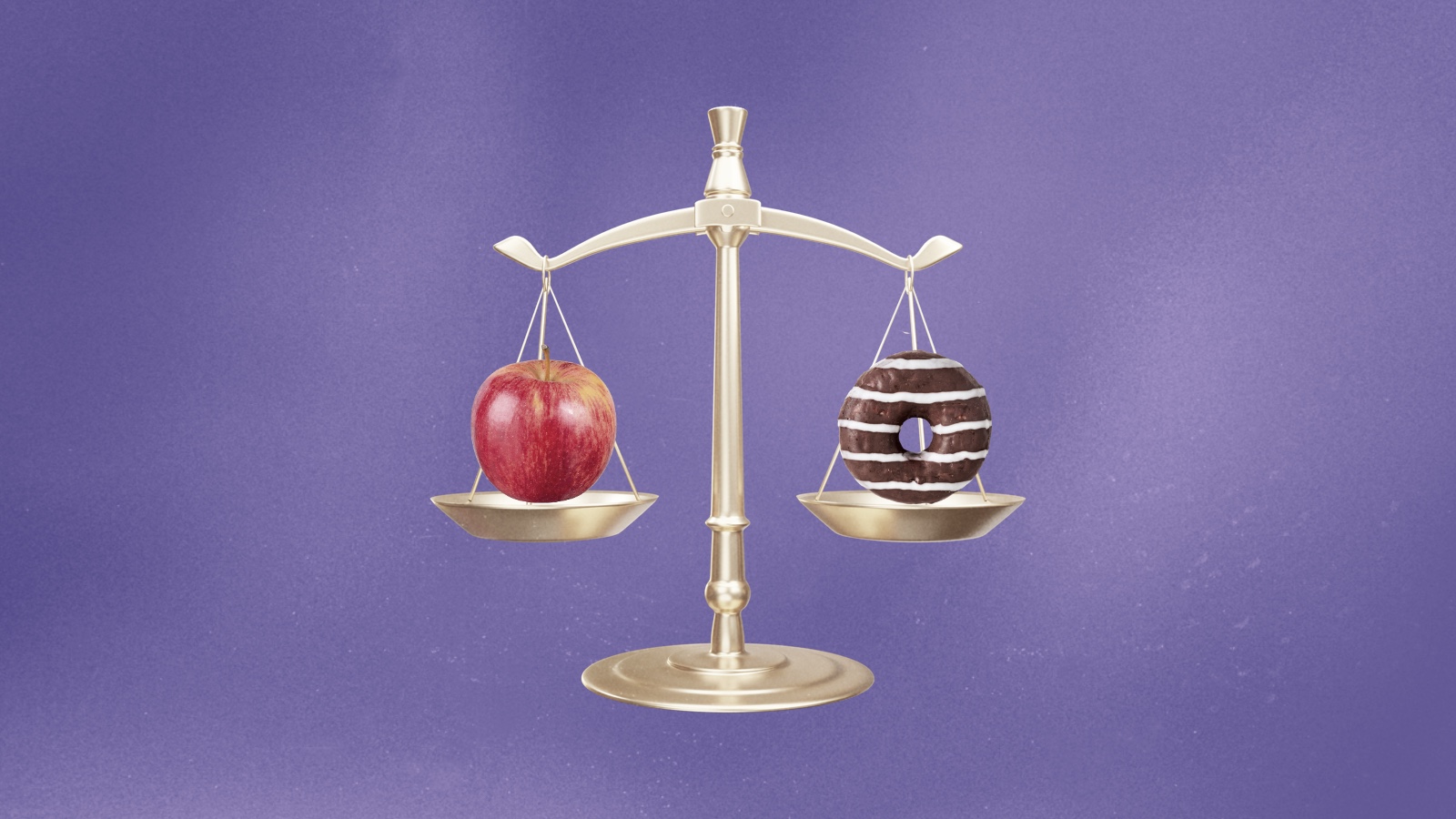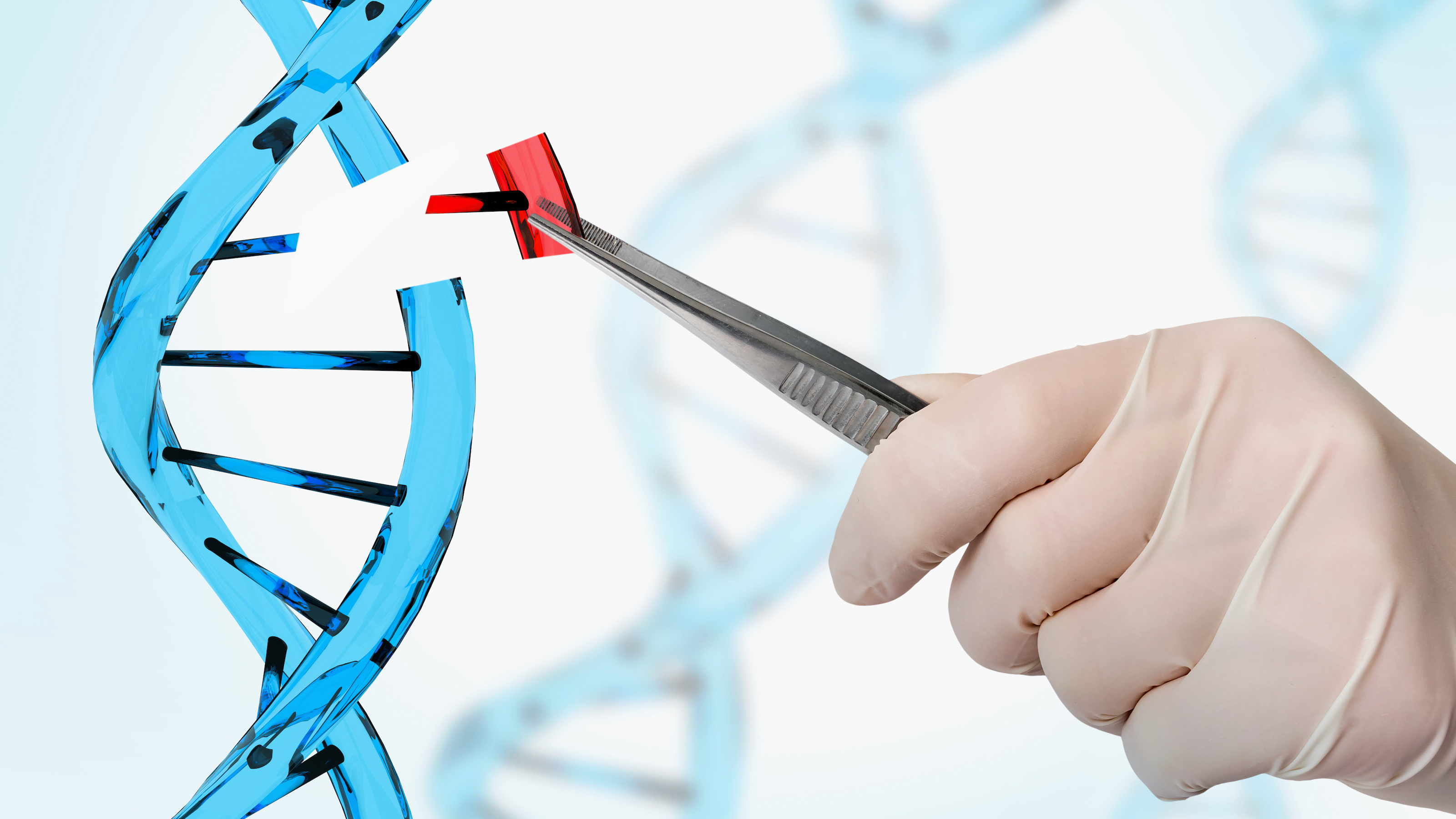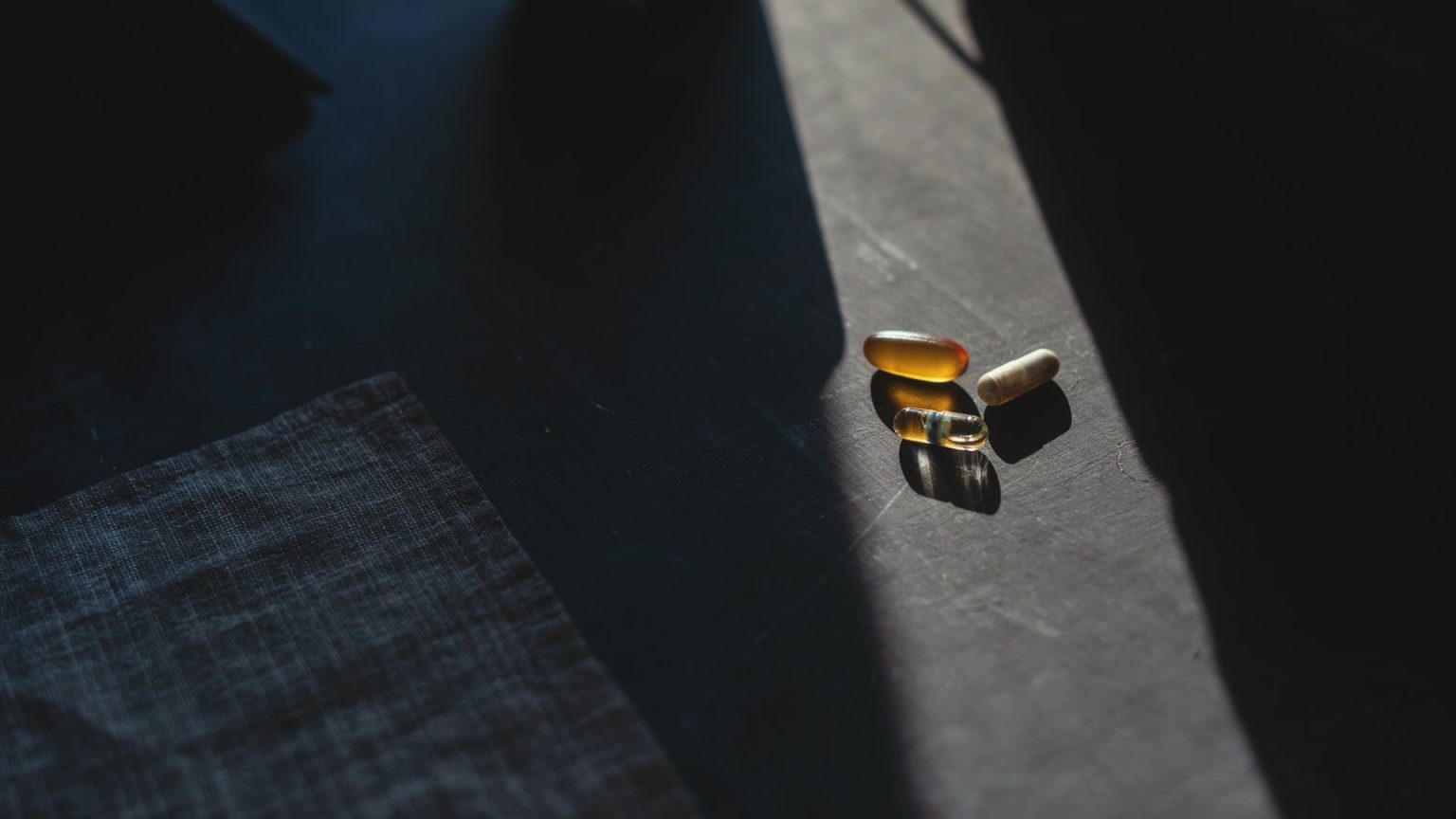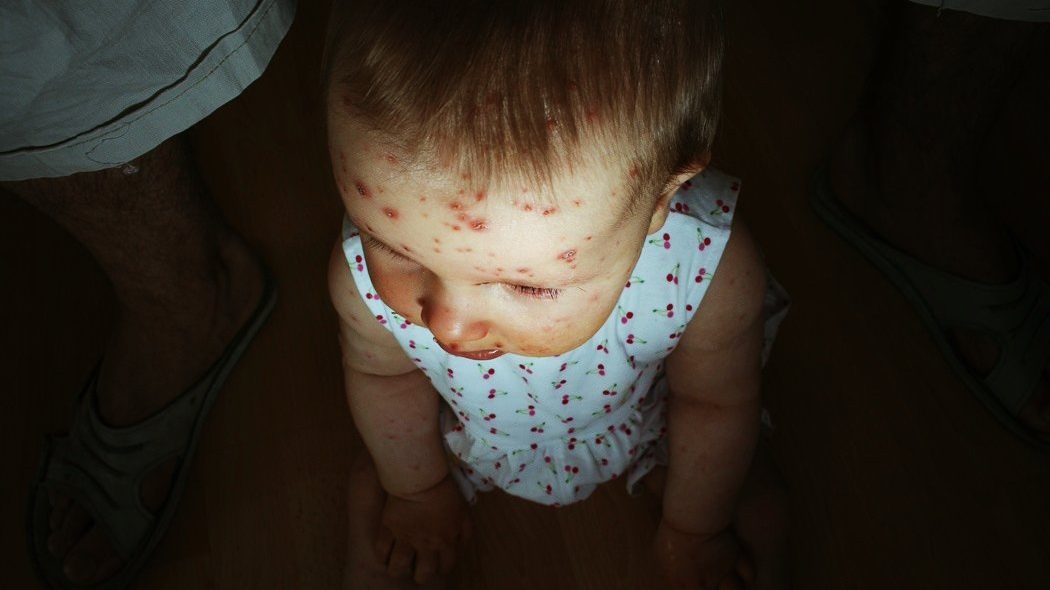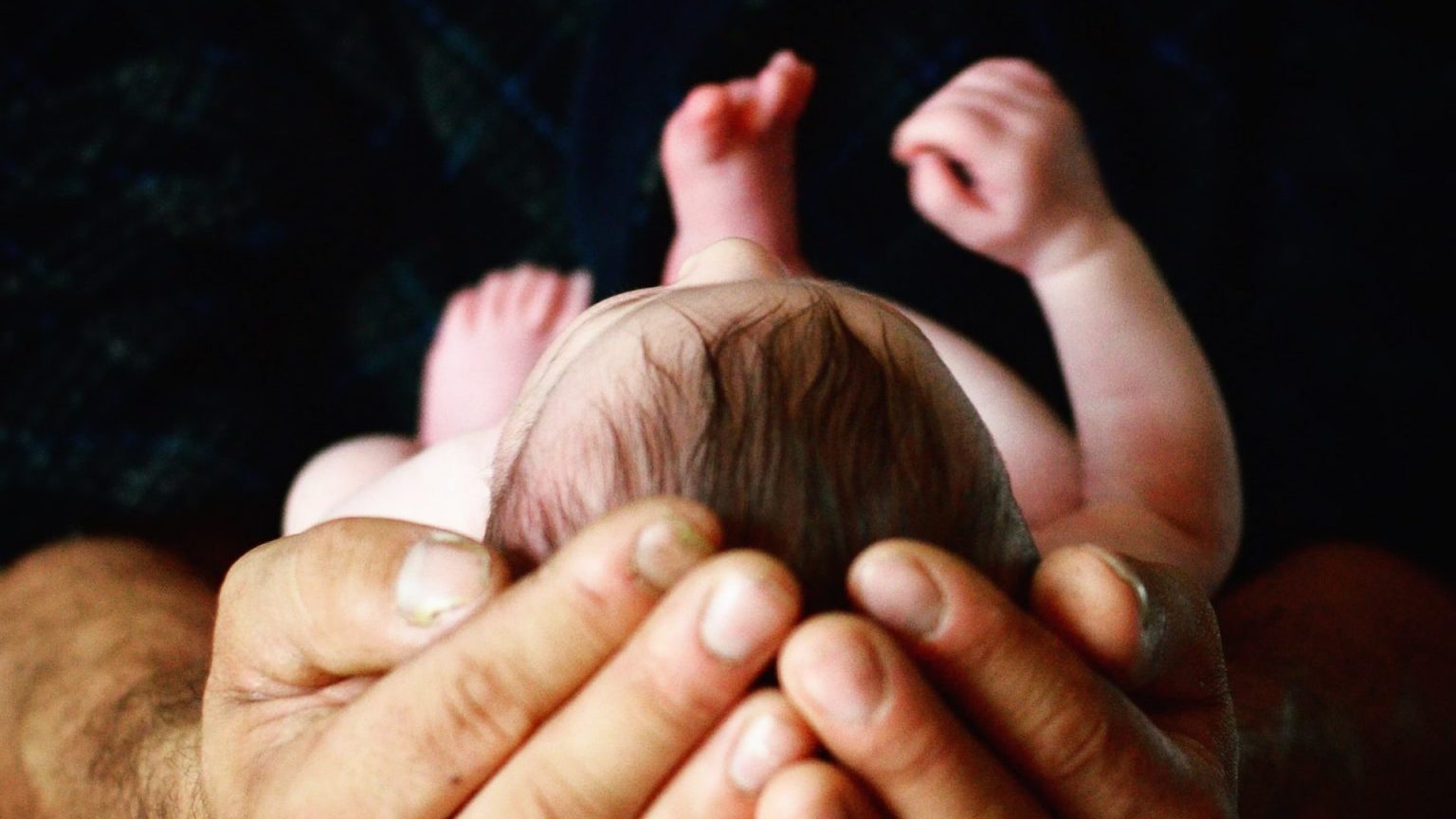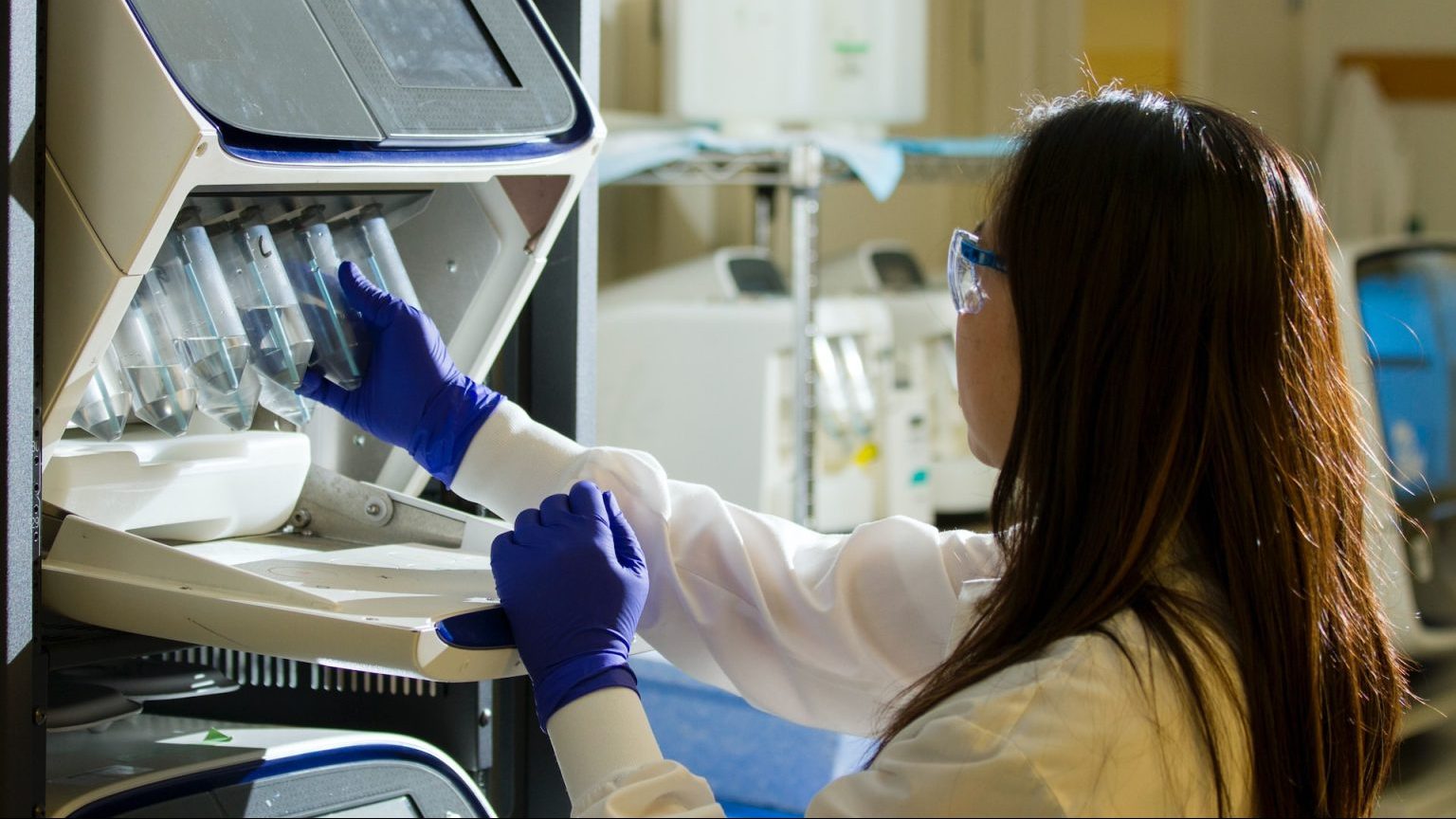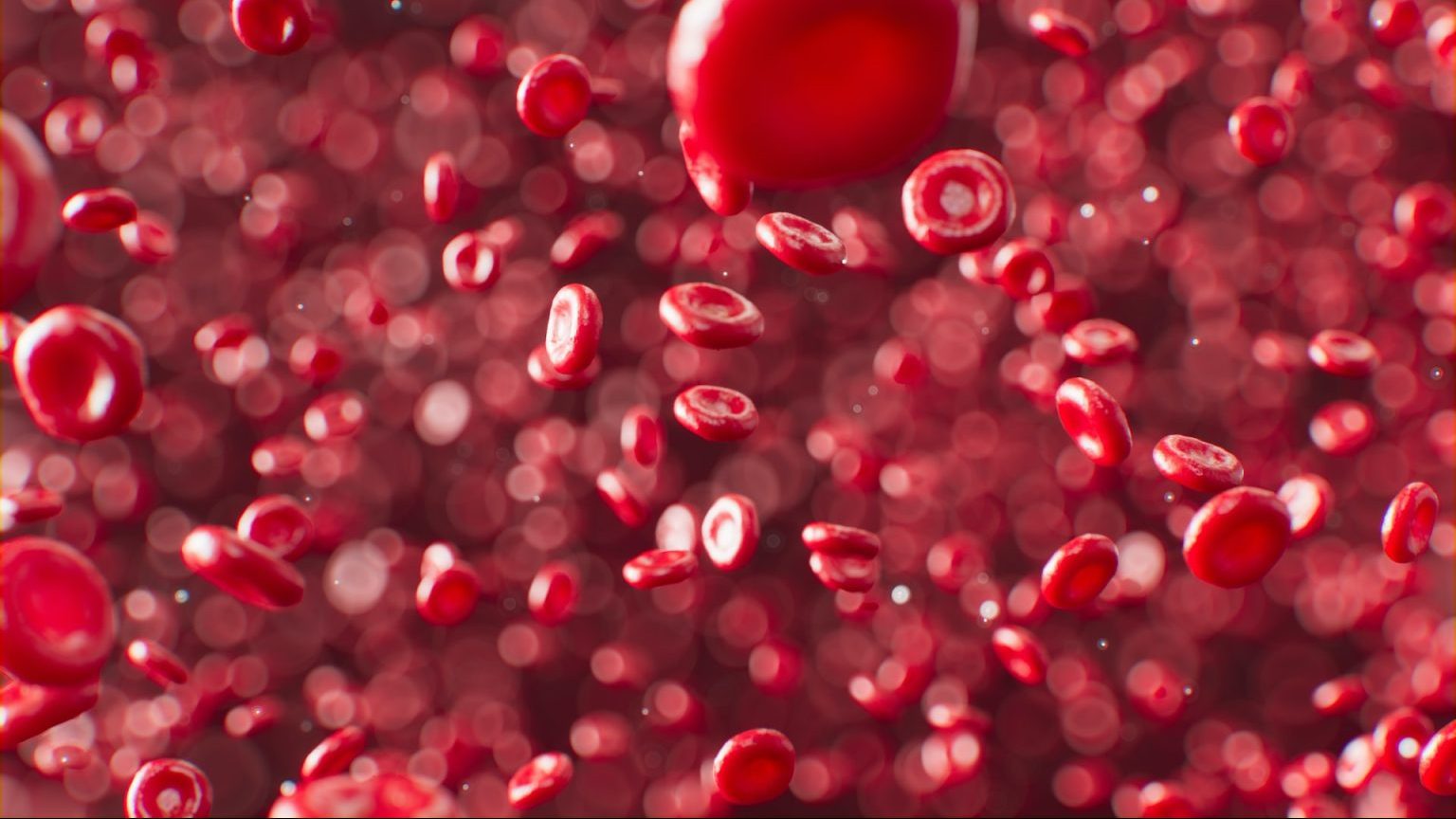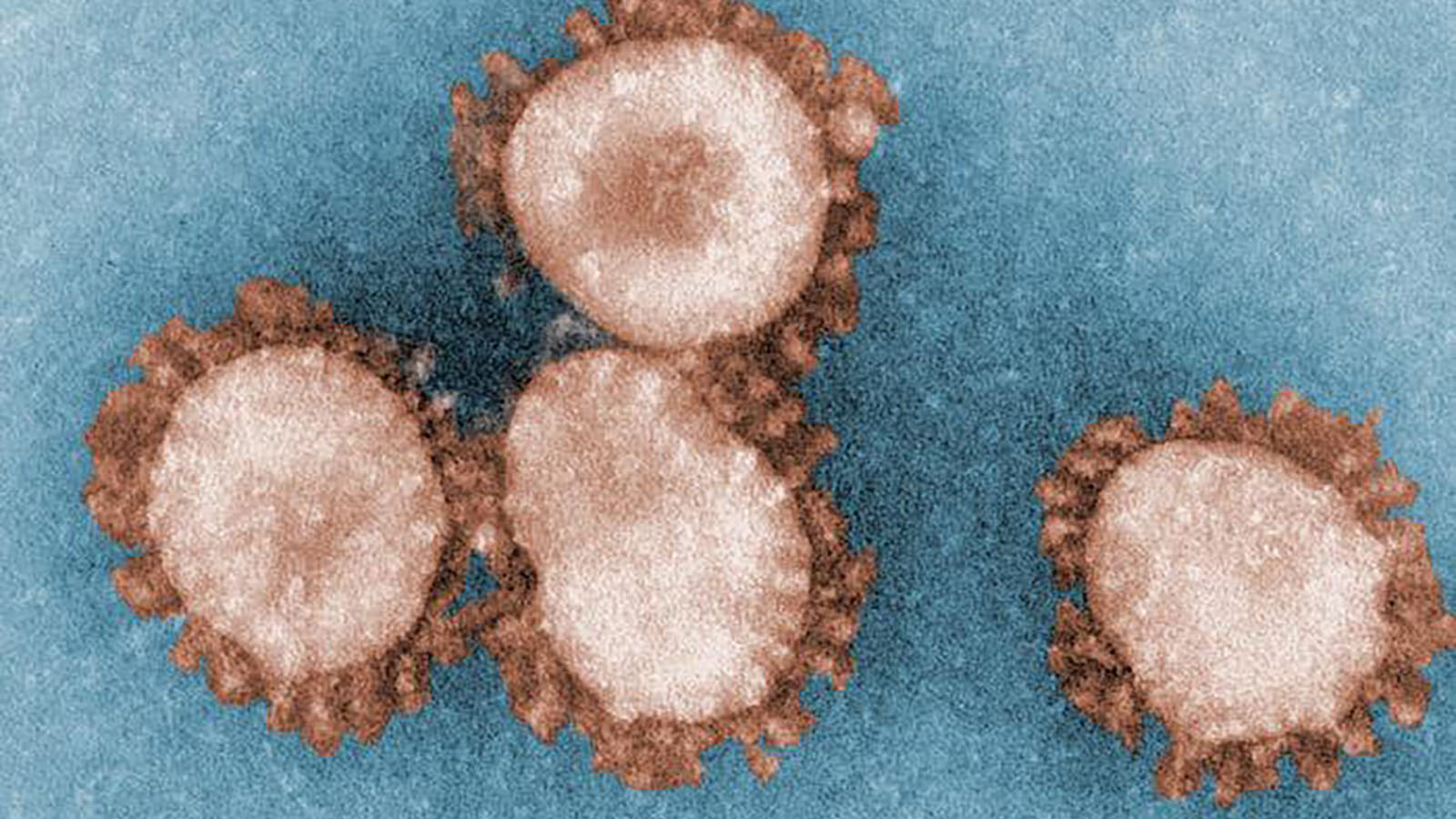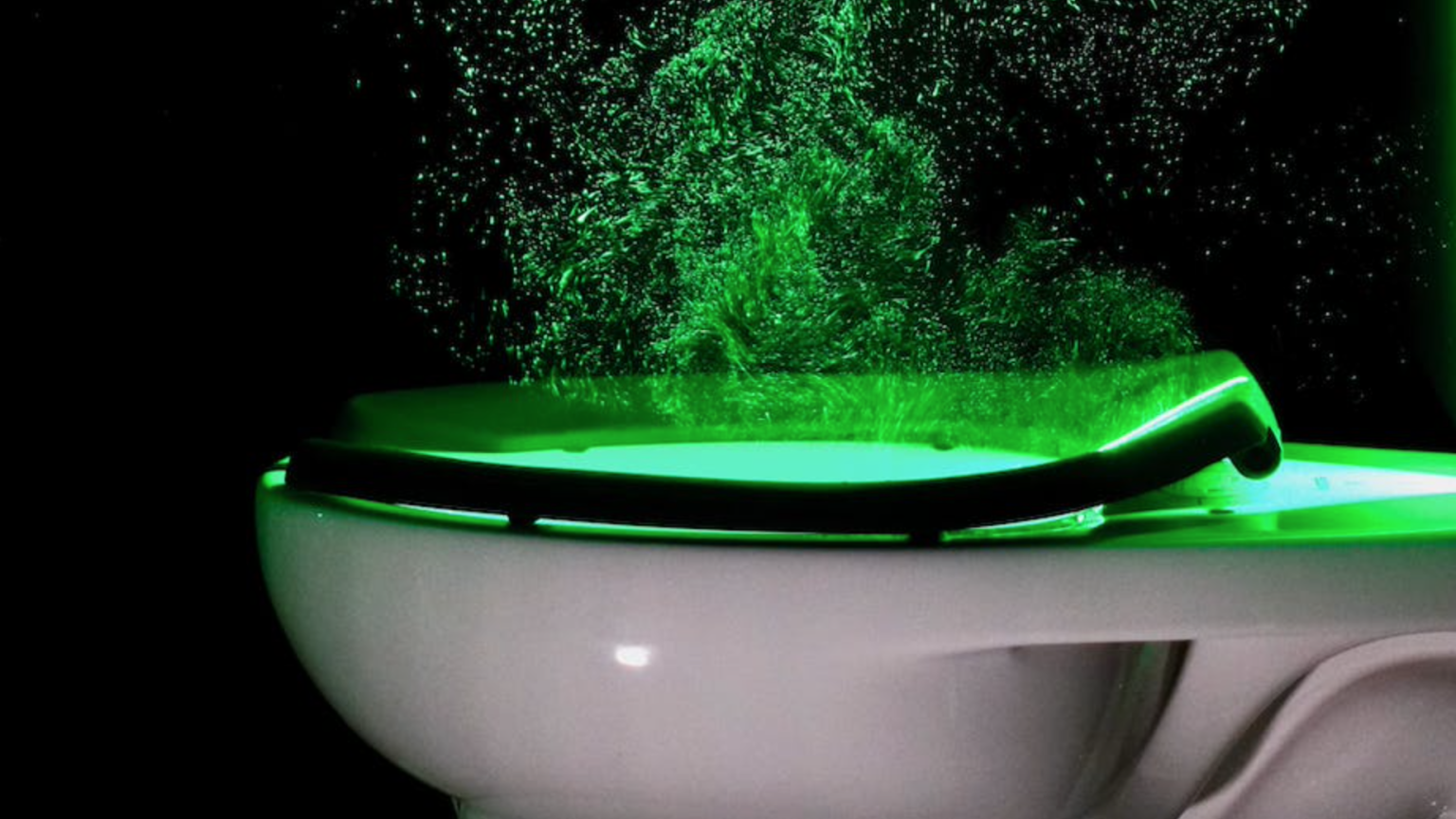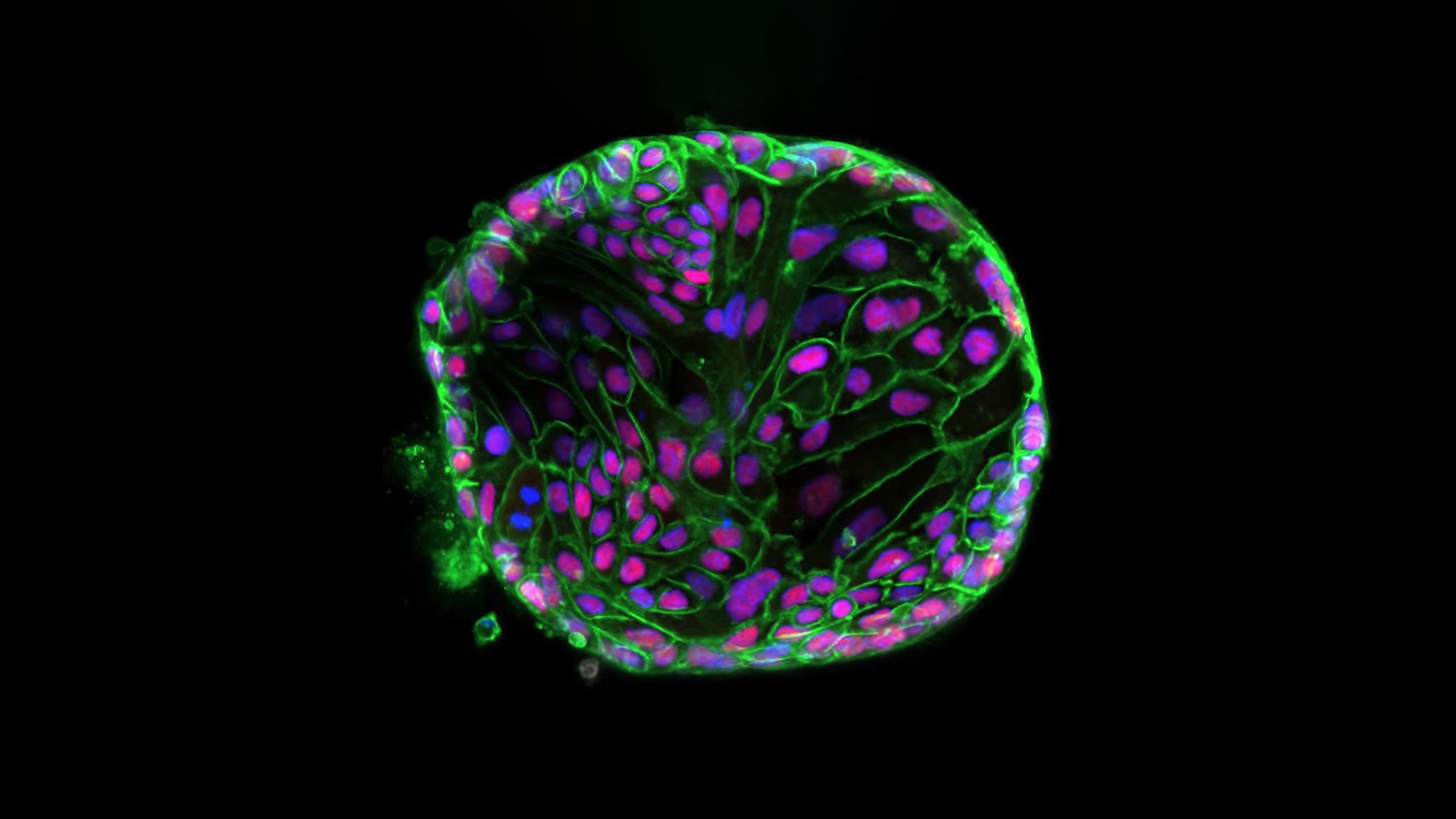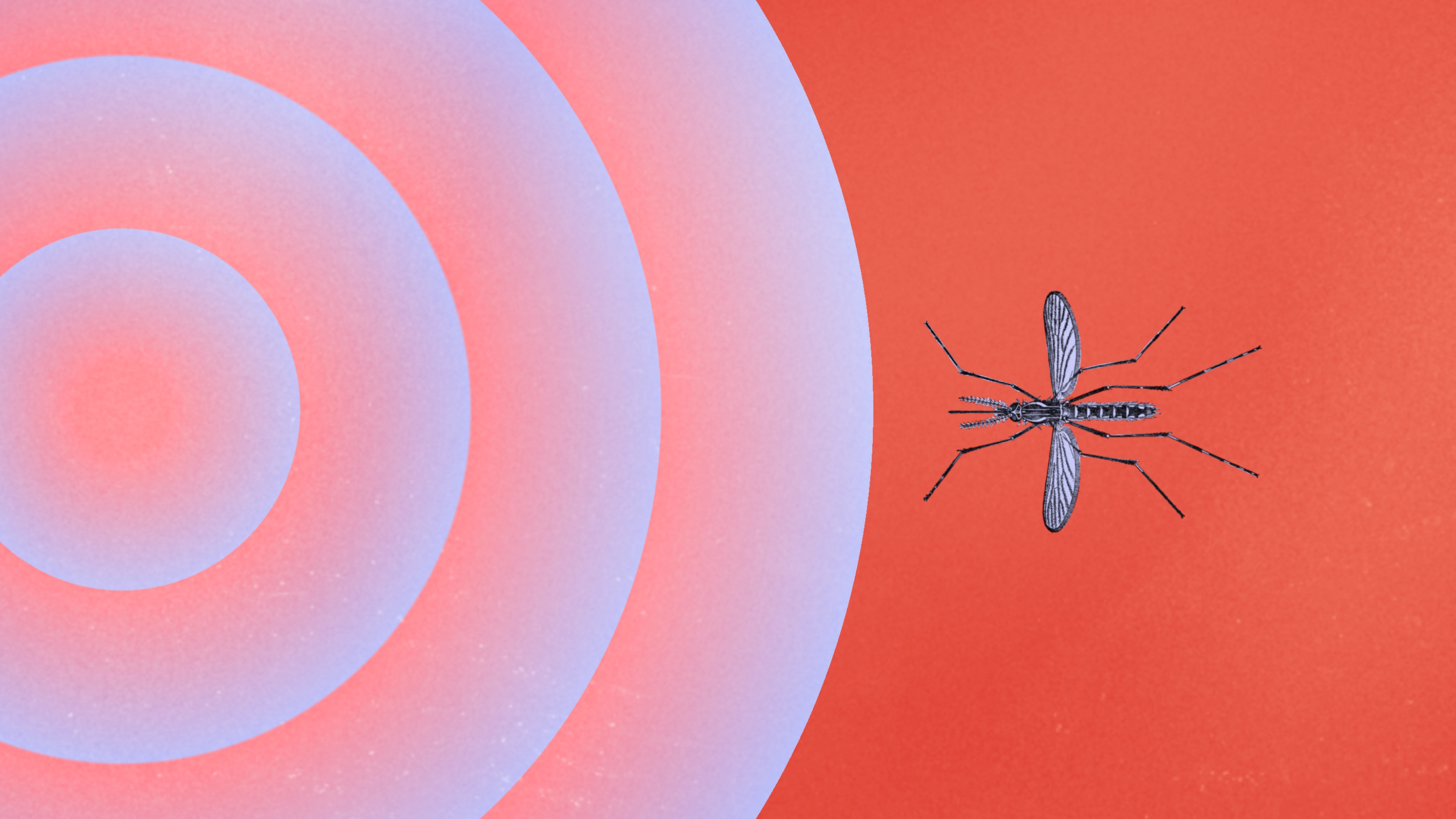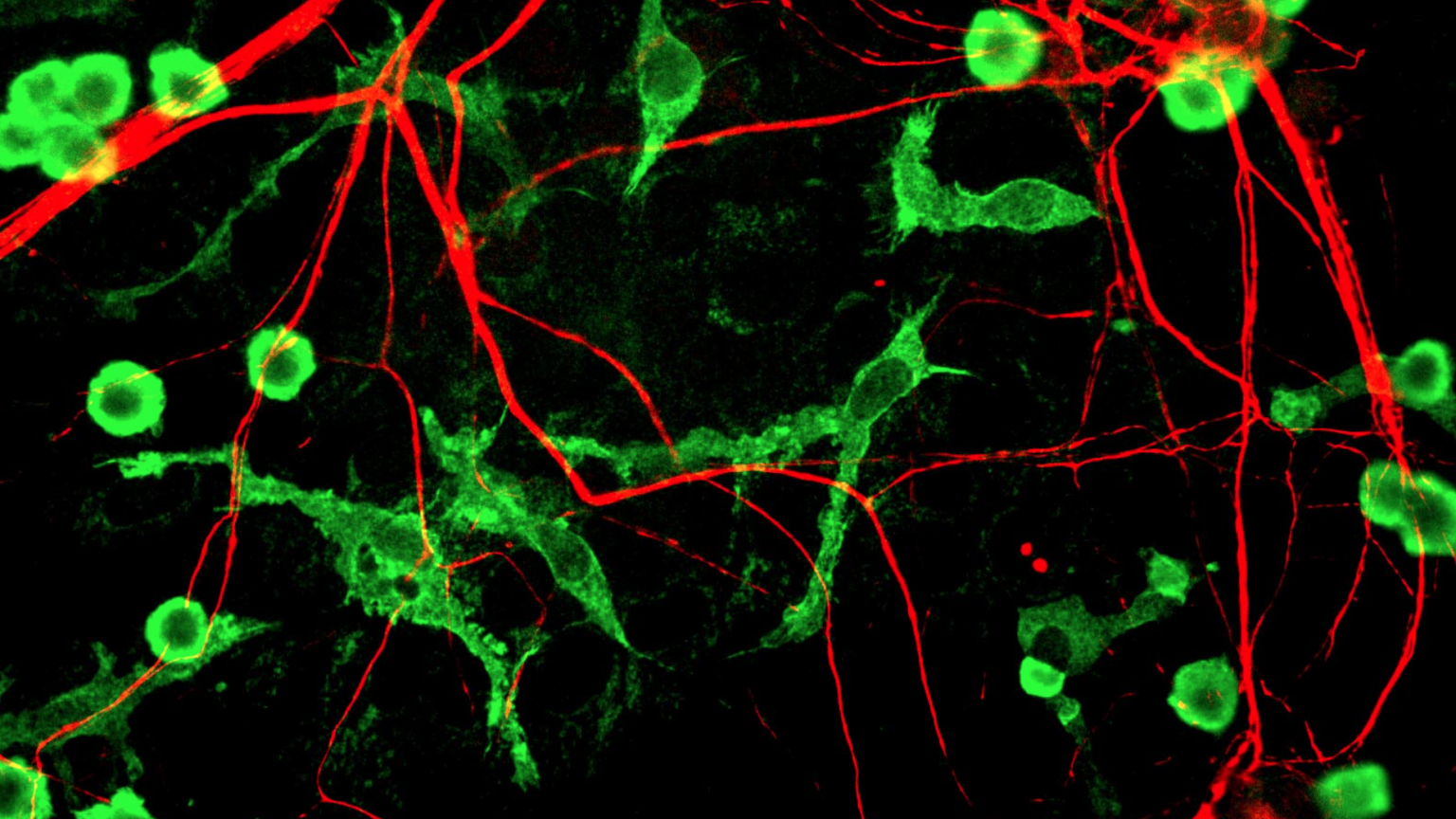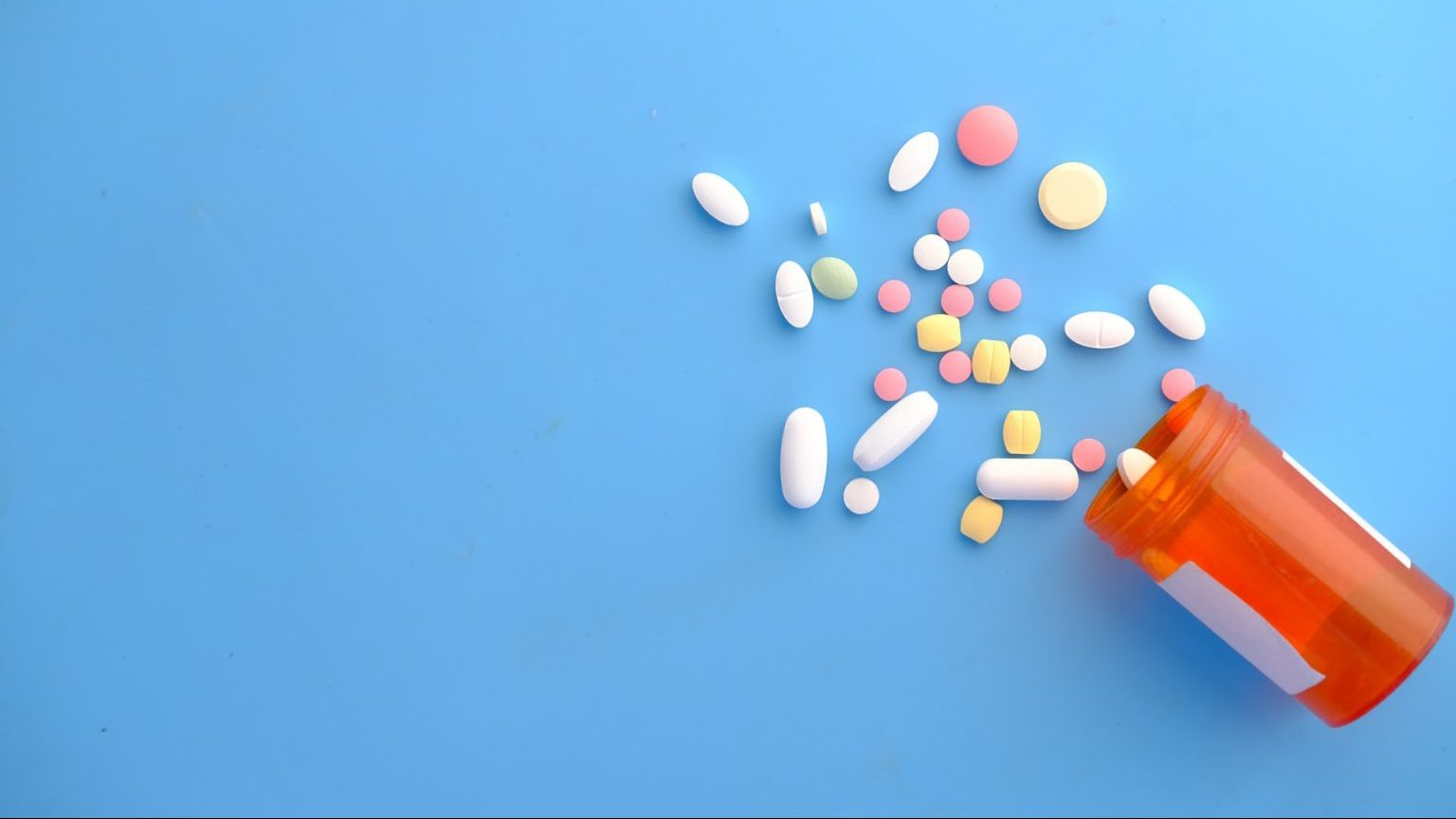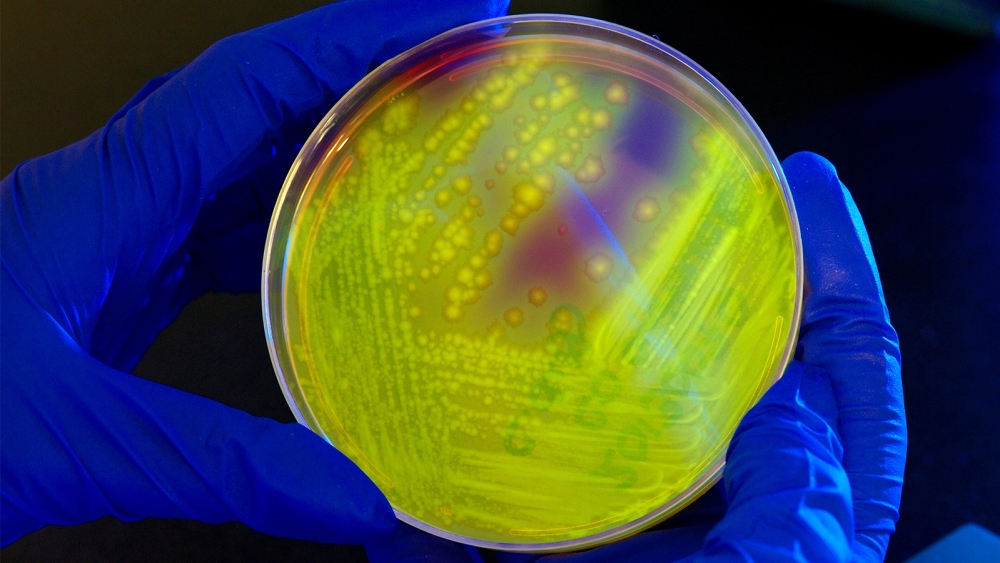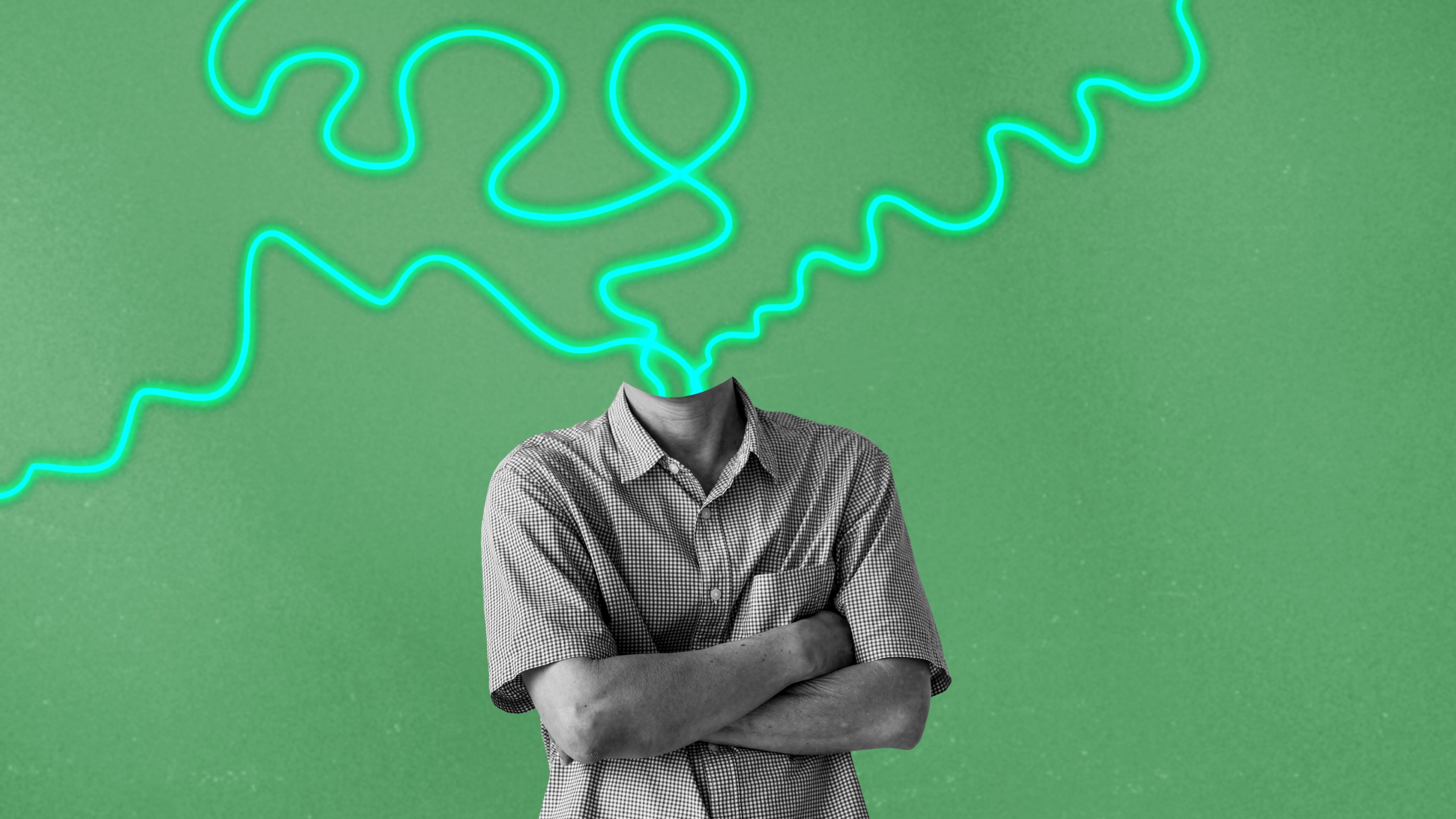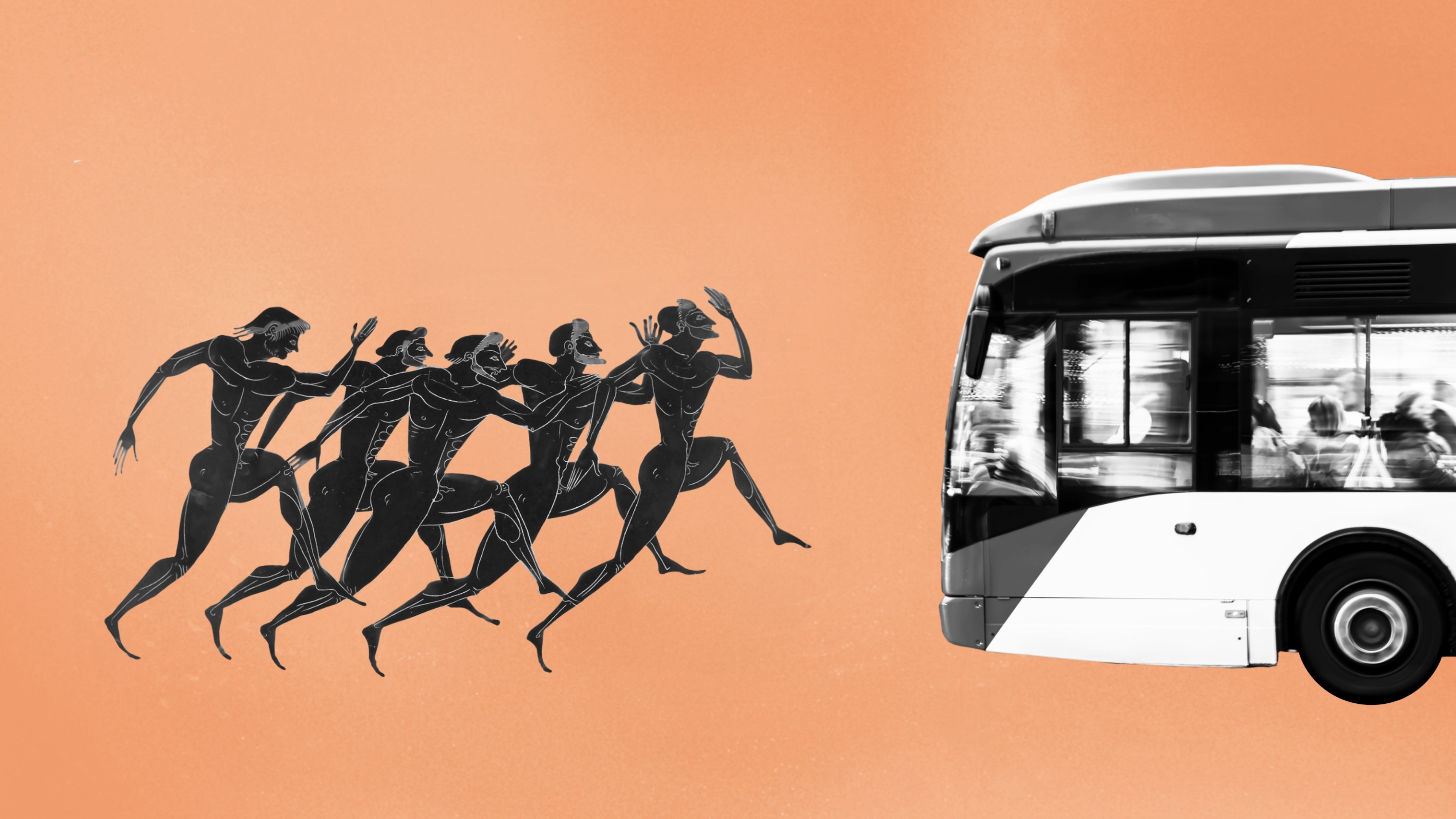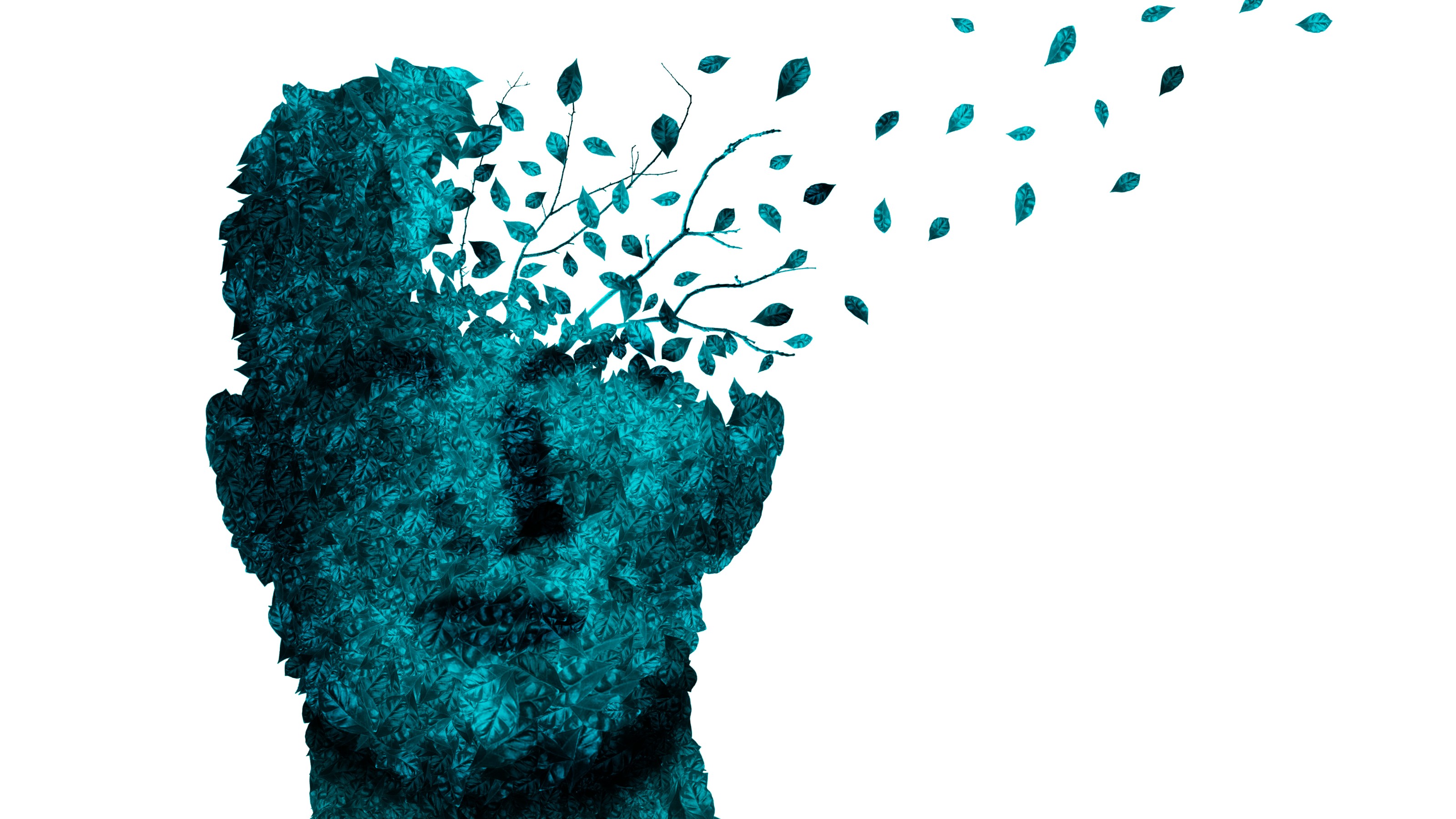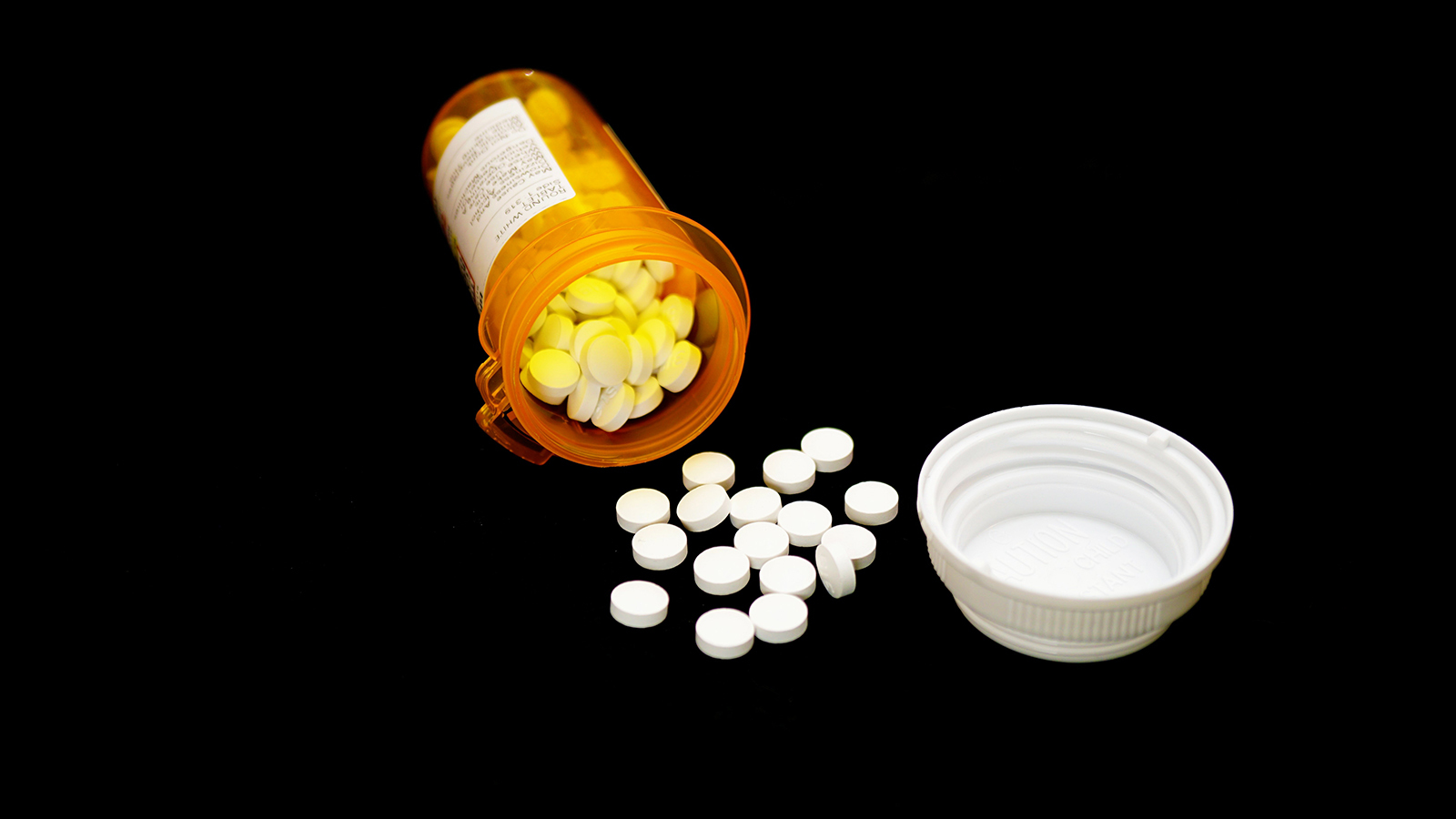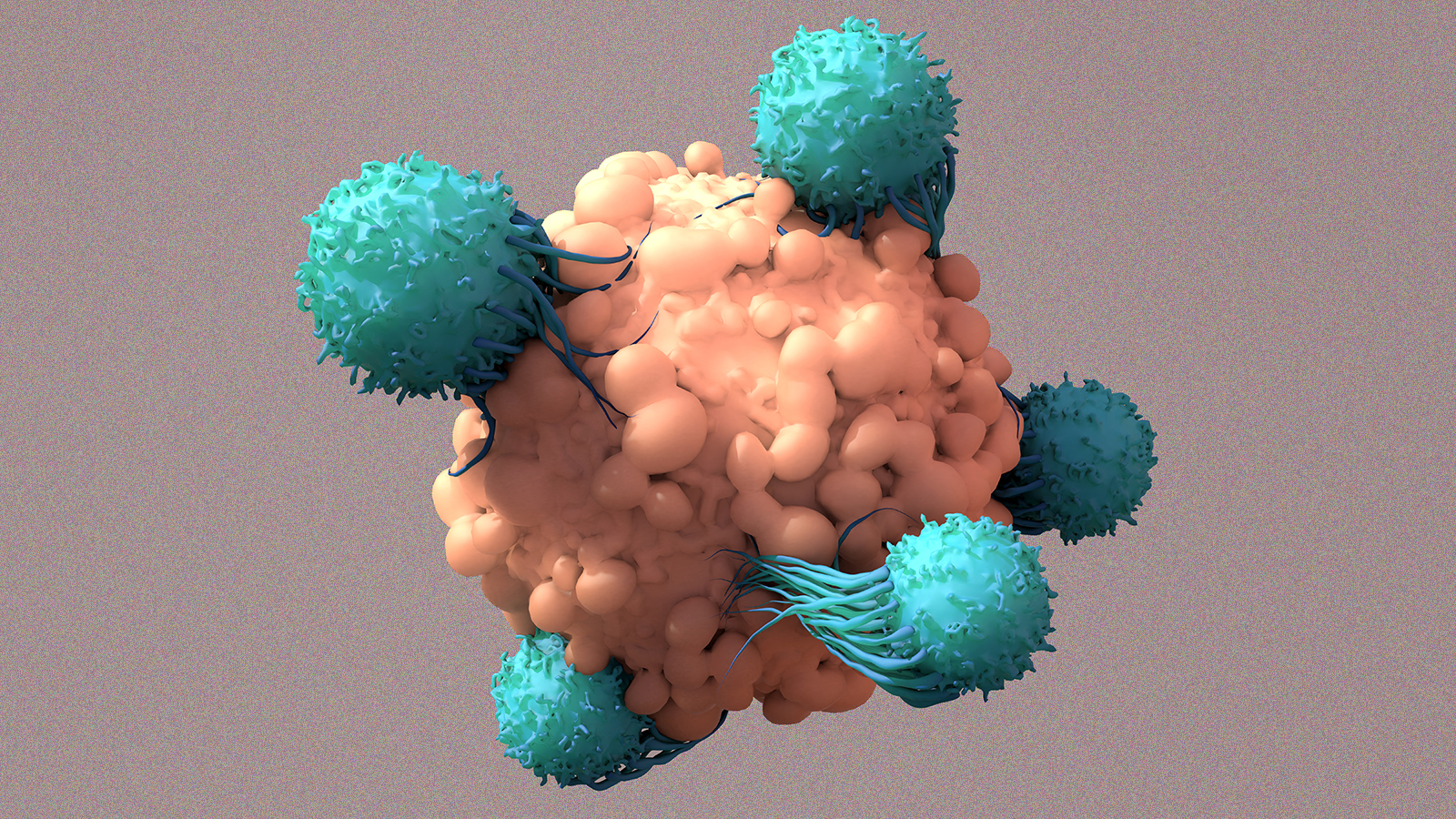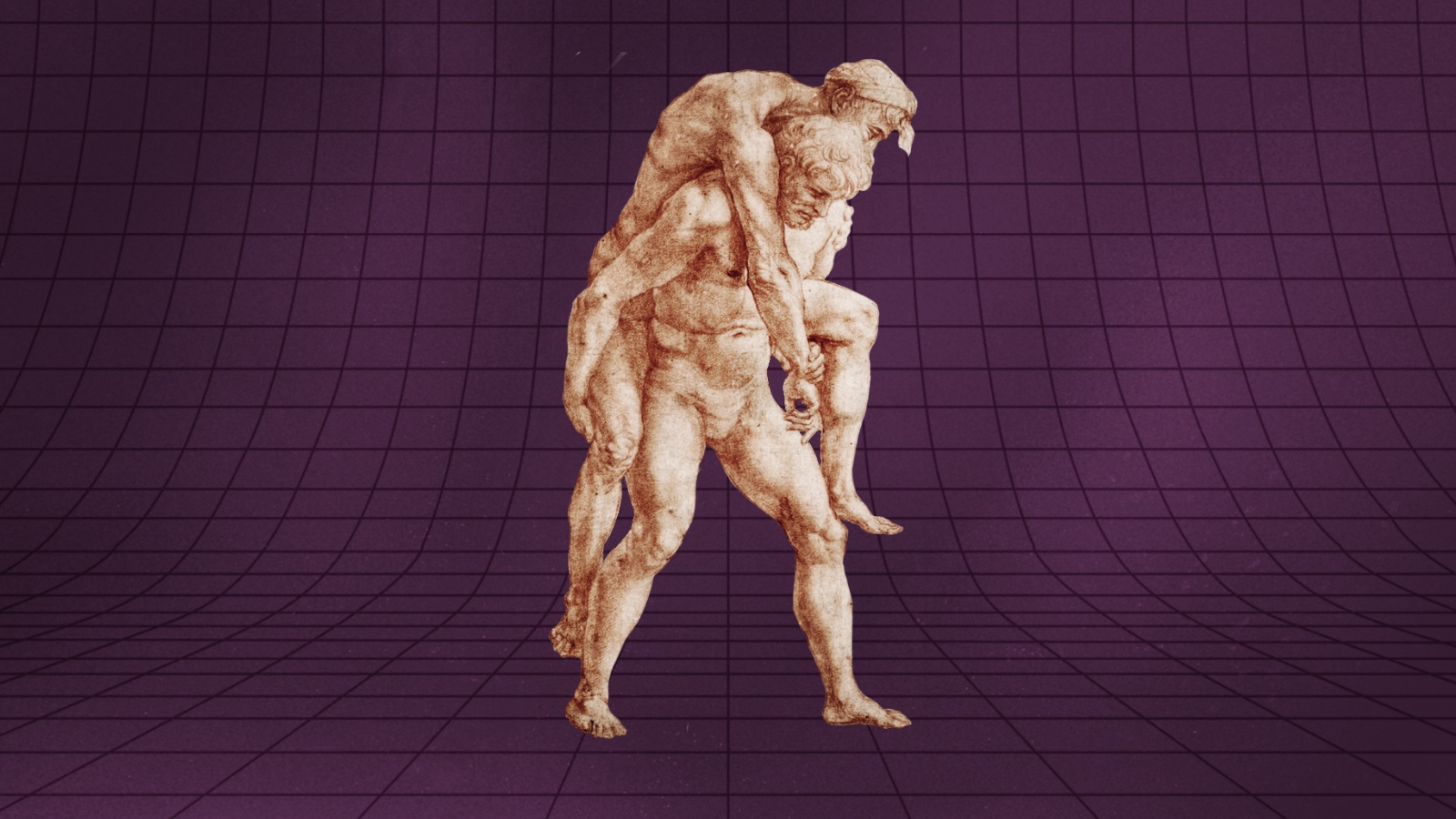Health
All Stories
Researchers have been developing a promising model that can more closely mimic the human body – organ-on-a-chip.
The vaccine provided protection for mouse and ferret models.
Tumor cells traverse many different types of fluids as they travel through the body.
More work is needed before declaring the technique a fountain of youth.
A food fight may finally be put to rest.
From synthetic biology to xenotransplantation, biotech will continue to march forward in 2023, in part powered by data and AI.
Chronotherapeutic drug delivery aims to maximize treatment effectiveness and minimize side effects.
People with shingles have an approximately 80% higher risk of stroke than those without the disease.
The new documentary “Make People Better” leans toward a different narrative about gene-editing than we’ve heard before.
Concluding that Damar Hamlin’s cardiac arrest was caused by the COVID vaccine requires accepting highly improbable leaps of logic.
Follow your nose all the way home.
Denmark’s 10 Jante Laws are grim, and yet they bring so much happiness.
Only recently have scientists directly witnessed this most pivotal of events in biology.
What if you could just grow your own blood?
Of the world’s 300 honey varieties, none is stranger and more dangerous than mad honey.
A new drug inhibits a human enzyme that coronaviruses hijack in order to replicate.
A vitamin that makes your body repellent to mosquitos sounds too good to be true, because it is.
How could we fight Alzheimer’s with the body’s own immunity?
The placebo effect is real. So are the ethical conundrums posed by those who would exploit the latest research advances for profit.
The prescription poop can correct life-threatening bacterial imbalances in the gut.
Running to catch the bus might help you live longer.
A recent study reveals how nerve insulation becomes impaired in the brains of Alzheimer’s patients.
In an animal study, it blocked the drug from crossing into the brain.
This small phase 1 study suggests that CRISPR-engineered T cells are safe and potentially effective, but there is a long way to go.
Becoming less physically active as you get older is not inevitable.
